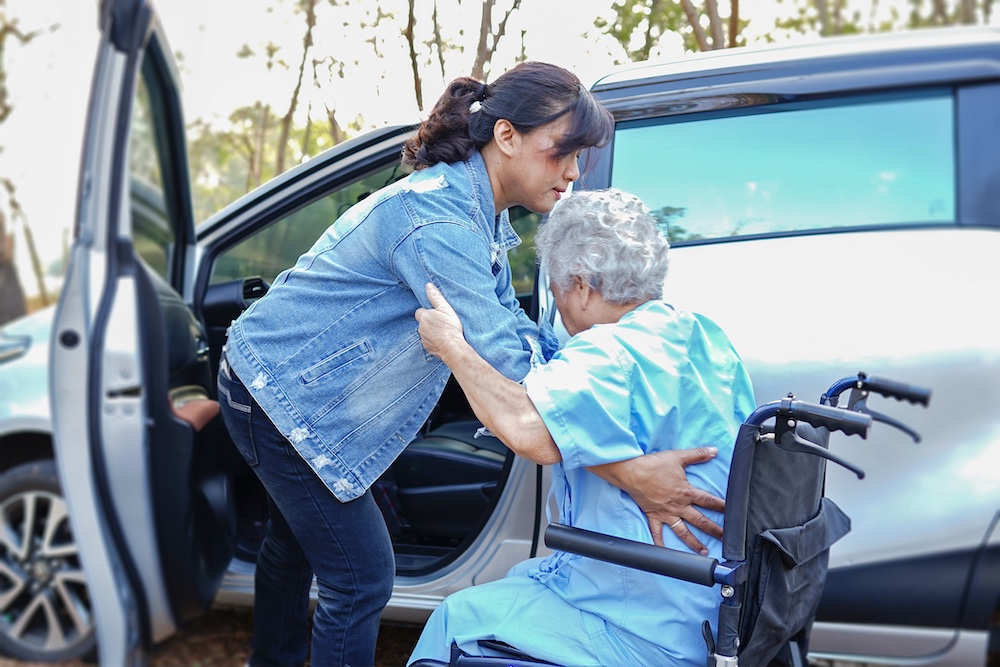Weekly Roundup of the news on women and supportive services in job training programs.
By Rachel Linn
Job training can provide an entry into family-sustaining jobs and careers. Many women in job training programs, however, face obstacles to success. Wraparound services—such as child care assistance, access to public benefits, and transportation or housing assistance—can help adults, particularly those with caregiving responsibilities, to complete programs that will ultimately improve their economic standing.
January 15, 2016
Industry Week: Lifting Families Out of Poverty and Into Advanced Manufacturing Careers (By Dr. Anne M. Kress, President, Monroe Community College, Rochester, N.Y.)
ACCESS: Whether it’s owning a car or paying bus fares, transportation is a significant cost to families that are already struggling to make ends meet. Similarly, the cost of child care may prevent a single parent from pursuing a college education. And individuals who are holding down jobs while going to college might not have enough time to get from work to class.
To remove these barriers, MCC offers training programs in city neighborhoods. We have partnered with community groups such as the Ibero-American Action League, a dual-language human services agency that serves Hispanic residents, to offer educational opportunities right in the communities that would benefit from them most.
To help with child care, we partner with community providers to provide services and have secured state grants to offset costs for students.
January 9, 2016
The Auburn Citizen (Auburn, NY): Palmer: How Employment Pathways helps Cayuga County-area people in poverty find jobs
Employment Pathways is a new program administered by Cayuga/Seneca Community Action Agency and located at Cayuga Community College Cayuga Works Career Center.
The agency has partnered with the Cayuga County Department of Social Services, Cayuga Works Career Center, Cayuga Community College, Cayuga-Onondaga BOCES and several local employers, including TRW Automotive, to address barriers to obtaining and/or retaining employment within our community. Some of the barriers include education, training and/or soft skills deficits, unreliable or no transportation, child care and housing issues, and the shortage of living wage jobs. This collaborative effort engages public, private and nonprofit sectors to connect people in poverty with the community resources necessary to travel the pathway to economic stability.
To view more of IWPR’s research, visit IWPR.org



